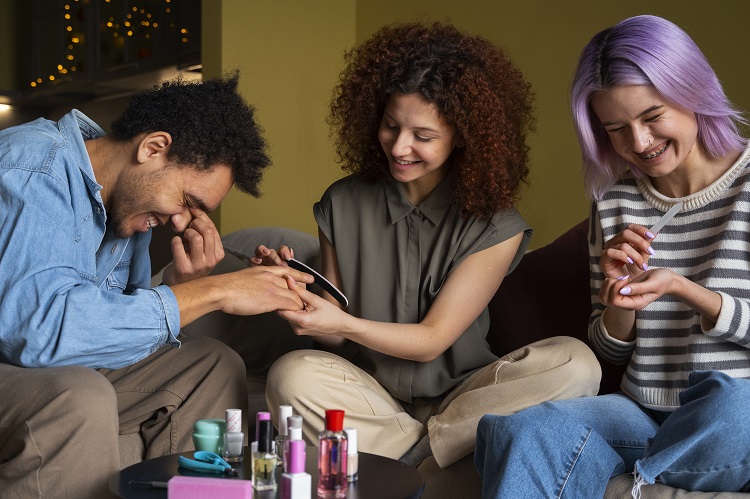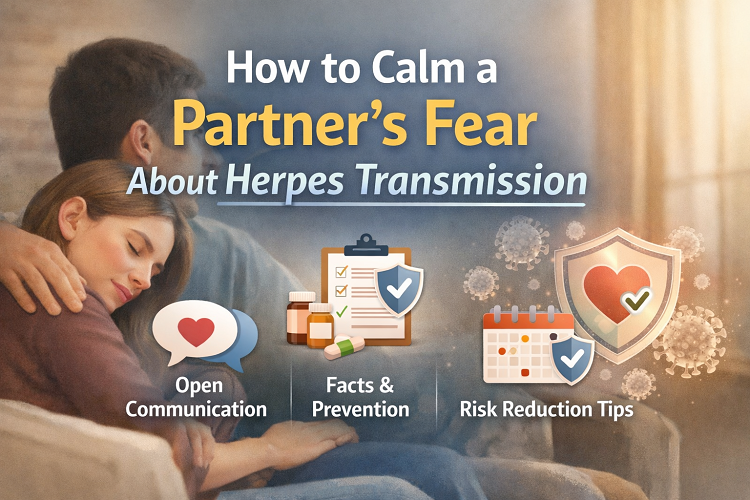Dating has always been associated with romance, flowers, dinners, and experiences that often come with a price tag. But today, things are changing fast—especially among the younger generation. A new report from Bank of America reveals that Gen Z is finding creative ways to cut dating costs down to zero. While earlier generations considered dining out, gifts, and movie tickets as must-haves for a date, Gen Z is rewriting the rulebook with new values, digital creativity, and money-conscious decisions.
This shift isn’t just about saving dollars; it reflects deeper social, cultural, and economic realities. Let’s explore what’s driving this movement, why Gen Z prefers cost-free dates, and how it is reshaping the very meaning of modern romance.
The Report: What Bank of America Discovered
Bank of America’s findings shed light on something fascinating: Gen Z daters are increasingly prioritizing free or low-cost dating experiences. Whether it’s grabbing a walk in the park, streaming a movie at home, or engaging in online hangouts, the traditional idea of spending lavishly to impress is fading.
One of the key takeaways is that Gen Z isn’t against love or relationships; they’re against unnecessary spending. With inflation, rising student debt, and the cost of living climbing across the U.S., Gen Z is cautious about how they use their money. This explains why more than half of young singles now say they prefer dates that don’t involve spending.
This not only changes the dating scene but also challenges businesses—restaurants, theaters, and entertainment venues—that relied heavily on couples to keep their industries alive.
Gen Z is Cutting Dating Costs
There isn’t a single reason behind this change; instead, it’s a blend of financial, cultural, and lifestyle factors.
- Financial Pressures
Gen Z faces one of the toughest financial landscapes in decades. From student loan burdens to housing market challenges, money is scarce. Unlike older generations who had easier access to stable jobs and affordable living, today’s youth is making careful spending decisions. Dating, therefore, becomes an area where they can easily cut costs without compromising too much. - Shifting Values in Relationships
Gen Z also values authenticity over material gestures. They believe that love and connection should not be measured in dollars. Instead of focusing on flashy dinners or expensive gifts, they want quality time, genuine conversations, and emotional bonds. This value shift is a major reason why free and meaningful activities are replacing costly outings. - The Digital World’s Influence
With online dating apps, video calls, and social media interactions, a huge portion of dating happens digitally. Instead of splurging on fancy meetups, couples can build connections online first—often for free.
The Rise of “Free Date Ideas”
What does dating without spending look like? Surprisingly, it’s more fun and creative than one might think. Gen Z is reinventing how couples spend time together, and many of these activities are completely free.
- Nature Walks & Hiking – Instead of pricey dinners, many young couples prefer long walks, hikes, or picnics in public spaces.
- Streaming Nights at Home – Platforms like Netflix and YouTube provide low-cost entertainment, perfect for cozy evenings.
- Cooking Together – Rather than dining out, cooking meals together at home is becoming a romantic, affordable activity.
- Community Events – Free concerts, art exhibitions, and local festivals give couples experiences without the cost.
- Creative Hobbies – From photography to painting, couples are engaging in activities that build connection while keeping money in their wallets.
This isn’t just frugality—it’s a redefinition of what dating means. For Gen Z, romance is about shared experiences, not shared expenses.
How Social Media Fuels the Trend
Social media plays a huge role in this change. Platforms like TikTok and Instagram are full of content creators sharing “cheap or free date ideas” that resonate with millions of viewers. The younger generation sees affordability not as embarrassment but as a badge of intelligence and creativity.
Gen Z has grown up in a world of influencers and lifestyle hacks, so saving money on dating is celebrated, not frowned upon. A viral TikTok video showing a $0 date idea—like stargazing or library visits—can inspire thousands to rethink their dating habits.
The Psychological Angle: Less Stress, More Connection
Interestingly, cutting costs also removes some of the pressure and anxiety often associated with dating. Traditionally, many people worried about impressing their partner by spending more. But Gen Z has shifted the focus toward emotional connection, honesty, and fun rather than flashy displays of wealth.
When money isn’t part of the equation, daters feel freer to be themselves. This humanizes dating, making it less about transactions and more about relationships.
Impact on Businesses and the Dating Economy
Of course, this trend has ripple effects. The dating economy—which includes restaurants, bars, movie theaters, and even flower shops—may see fewer profits from younger customers.
- Restaurants may lose out on the “dinner date” culture.
- Movie theaters face competition from streaming services and at-home dates.
- Travel and leisure industries might struggle to attract budget-conscious Gen Z couples.
However, businesses that adapt by offering budget-friendly options or experiences could still win over this audience. For example, cafes offering student discounts or theaters hosting low-cost date nights could tap into this shift.
What Older Generations Can Learn from Gen Z
It’s easy to dismiss this trend as “stinginess,” but there’s a lot older generations can learn. Gen Z reminds us that love doesn’t need to be expensive. Boomers and Millennials often equated spending money with showing affection, but Gen Z challenges this by proving that authenticity is worth more than dollars.
Older daters might find inspiration in trying free or low-cost experiences, realizing that financial pressure often gets in the way of romance. By focusing on connection instead of cost, dating can become more fun, stress-free, and genuine.
The Role of Technology in Free Dating
Technology has been both a driver and an enabler of this trend. Dating apps like Tinder, Bumble, and Hinge already make meeting new people cost-free, and digital communication through WhatsApp, FaceTime, or Zoom allows connections to flourish without financial barriers.
Even within relationships, apps provide low-cost shared experiences, such as co-watching movies online, playing games together, or attending free virtual events. Gen Z’s comfort with technology makes it easy for them to build relationships without spending heavily.
Is Cutting Dating Costs to Zero Sustainable?
A big question arises: Can dating with zero spending last in the long run? The answer is nuanced. While early-stage dating may lean toward free activities, certain milestones—birthdays, anniversaries, proposals—still often involve some level of spending.
However, what Gen Z is proving is that the foundation of a relationship doesn’t require money. Spending may come later, but it’s no longer seen as essential for romance to blossom. This could lead to healthier relationships where love isn’t tied to financial expectations.
Critics and Counterarguments
Not everyone agrees with Gen Z’s approach. Critics argue that eliminating costs can also eliminate effort. For example, some believe that paying for dinner shows thoughtfulness and commitment. Others worry that businesses dependent on dating culture could suffer long-term losses.
But even critics admit that Gen Z is pushing society to question the link between money and love. Whether this is seen as positive or negative depends on one’s perspective.
The Future of Dating: Redefining Romance
The findings from Bank of America suggest a long-term shift that will reshape dating culture. If Gen Z carries these values into their 30s and beyond, we may see an era where romance is redefined around creativity, authenticity, and shared moments—not spending.
This could mean fewer “fancy dinners” and more experiences that highlight personality, fun, and individuality. In other words, Gen Z is teaching us that love doesn’t need a price tag.
Conclusion: Love Beyond Dollars
Bank of America’s discovery that Gen Z is Cutting Dating Costs To Zero is more than a financial trend—it’s a cultural revolution. In a world where inflation and economic pressures dominate, young people are proving that romance thrives without money.
They are embracing authenticity, creativity, and meaningful connections while rejecting outdated norms that tie love to materialism. Businesses, older generations, and even dating platforms will need to adapt to this shift.
At the heart of it all, Gen Z’s message is clear: love is priceless, not expensive.



